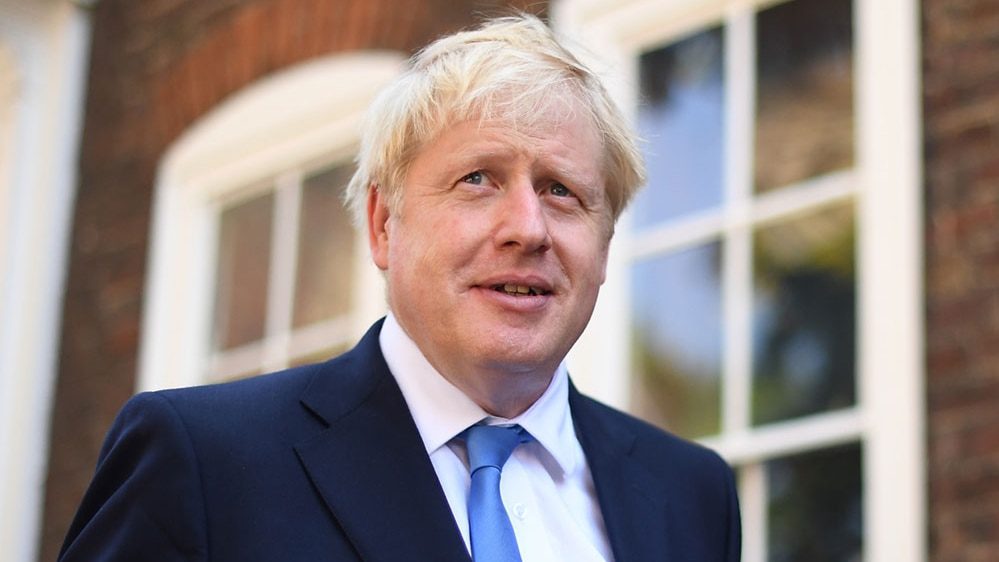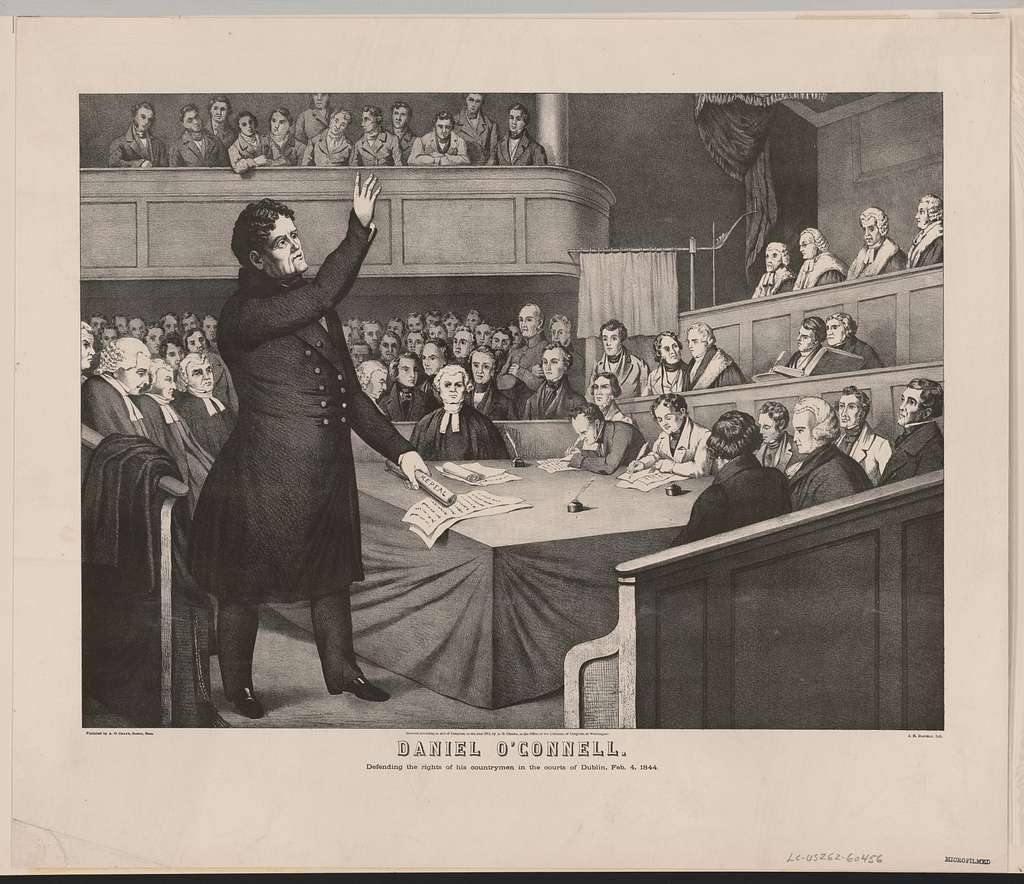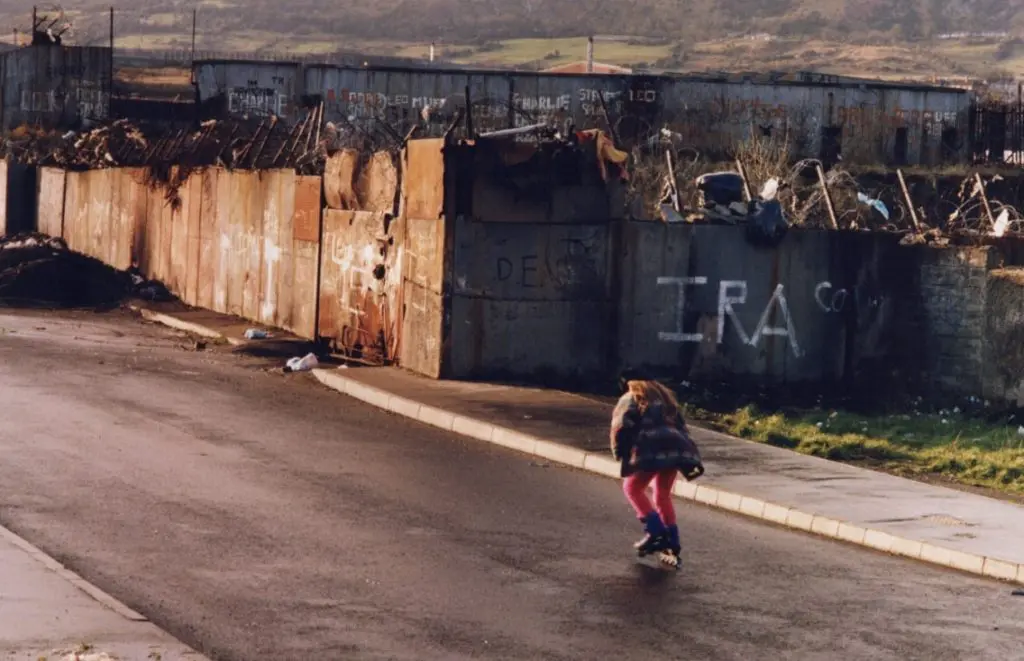
Like any great performer, Boris knows his audience. So when, last month, it came to his first in-person speech at a Tory Party conference as leader—it is not surprising that we heard little about the challenges facing the UK. Instead, we were left smiling at jokes about lockdowns accounting for the fall in reported crime or, better still, about the return of beavers to the British countryside—“Build back beavers”—and enough alliteration to keep a poet happy for months. Here was Boris promising nothing except that it would all be alright.

Unionism has long been a negative creed—it has defined itself by being opposed to things—while her opponents appear, by contrast, progressive and modern. To win hearts and minds, unionists need to make a positive case for the union of Great Britain and Northern Ireland. But today Ulster’s unionists appear more disunited and demoralized than at any time in the last century.

The northern Irish state was born in 1921 as a political compromise. The circumstances of its birth bear certain similarities to the issues and conundrums thrown up by Brexit 100 years on.